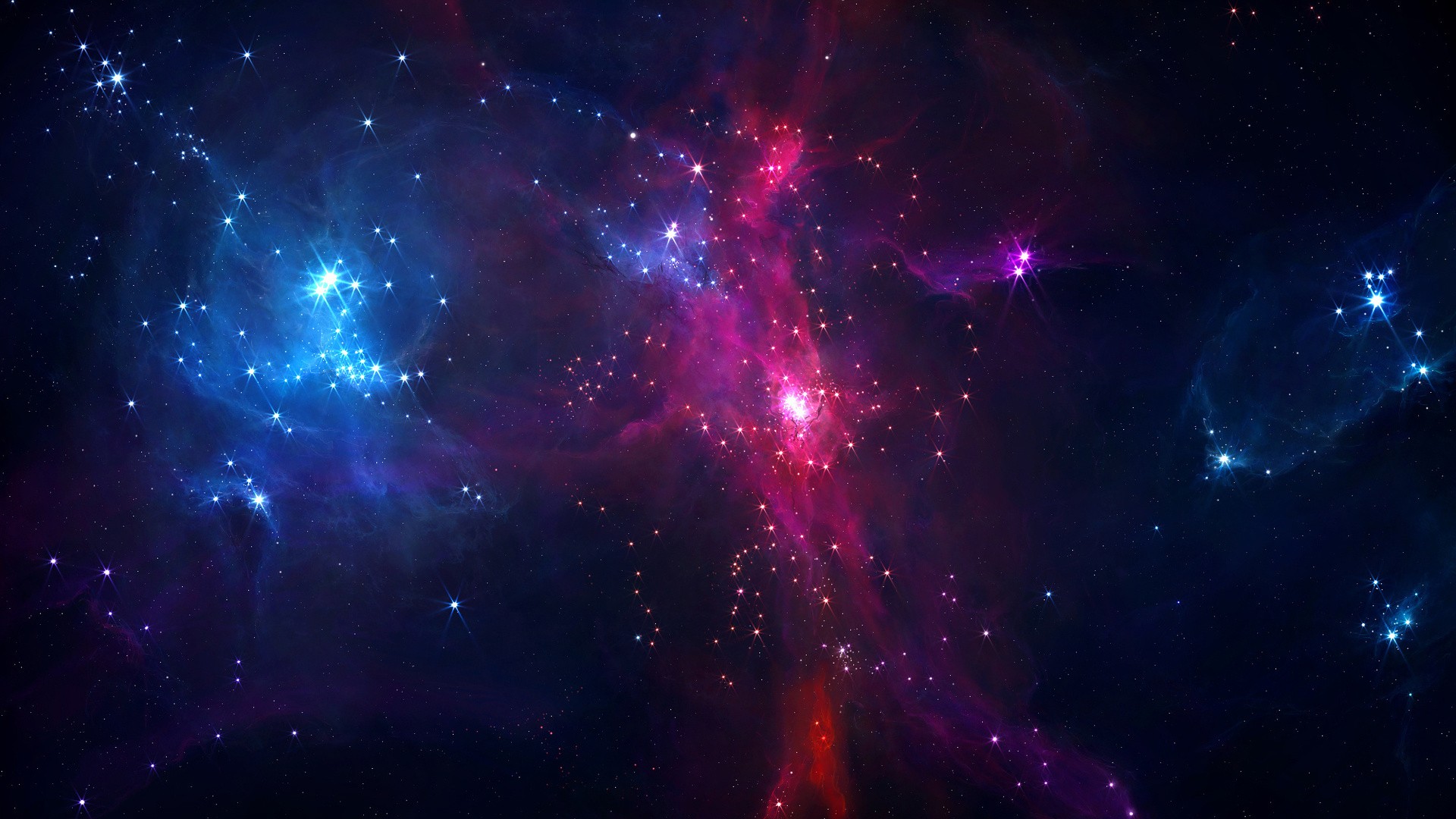
The preservation of trace fossils, suggests that multicellular organisms that could move around to reach food resources may already have existed 2.1 billion years ago, more than 1.5 billion years older than previously thought.

Microbes could have performed oxygen-producing photosynthesis at least one billion years earlier in the history of the Earth than previously thought.

Researchers have found among the first and perhaps only hard evidence that simple protein catalysts - essential for cells, the building blocks of life, to function - may have existed when life began.

According to a recent study, space dust could be what brought life molecules to Earth. This same mechanism could be responsible for the distribution of life throughout the Universe.

Could the building blocks for life on Earth have been delivered by meteorites crashing into ponds of water 4 billion years ago?

The researchers argue they have uncovered evidence that there was life on Earth more than 3.95 billion years ago—on a planet that isn’t much more than 4.5 billion years old itself.

A discovery on Saturn's Moon Titan could be an indication of how life begins to emerge throughout the Universe.

Remains of the earliest known Homo sapiens date to 300,000–350,000 years ago in North Africa, and push back the origins of our our species by over 100,000 years.

Fossils discovered in ancient hot spring deposits in the Pilbara have pushed back by 580 million years the earliest known evidence for microbial life on land.

A team of scientists reports that it has discovered the existence of a white dwarf star whose atmosphere is rich in carbon and nitrogen, oxygen and hydrogen. The white dwarf is approximately 200 light years from Earth and is located in the constellation Boötes.

The hypothesis is cosmological natural selection, and its power, beauty and logic provide what may be the best scientific explanation for the existence of complexity and life in the universe.

Research by Rice University Earth scientists suggests that virtually all of Earth’s life-giving carbon could have come from a collision about 4.4 billion years ago between Earth and an embryonic planet similar to Mercury.

Researchers working in Greenland have found traces of microbial life in our planet's most ancient rocks. The discovery pushes back the oldest evidence of life on Earth by about 220 million years, showing just how habitable our planet was during its earliest stages.